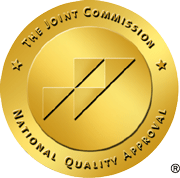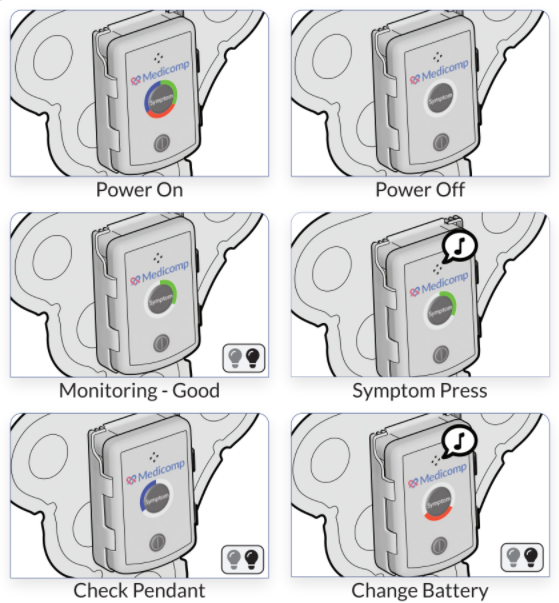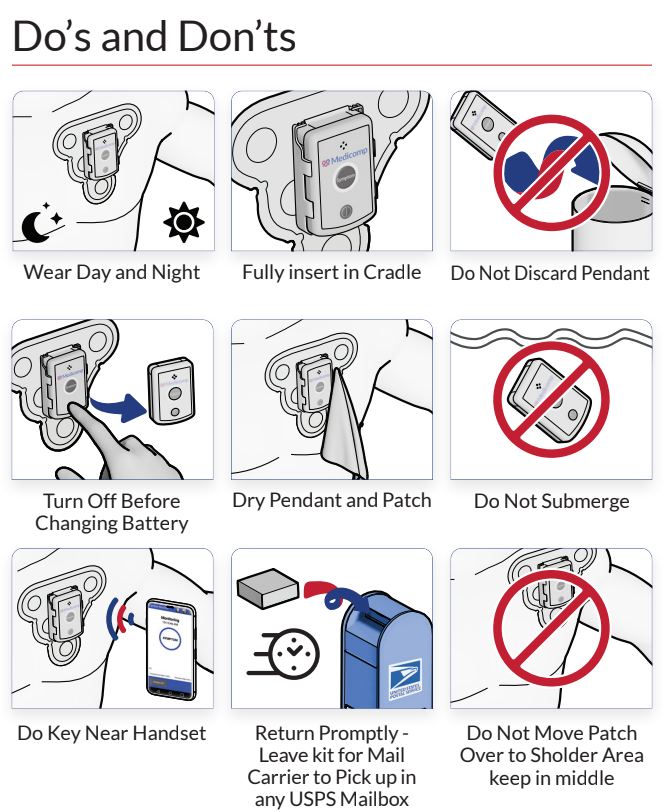Young, healthy millennials generally do not consider their doctor as a confidante or liaison — in fact, they tend not to think of primary care physicians (PCPs) at all. The following information outlines the positive and negative connotations of the younger generation’s ideas of the ultimate physician.
Today’s Jobs
The migratory workers of today are a far cry from those in the past. Many occupations — from traveling nurses to computer technicians for global corporations — require travel. As such, these individuals are more spontaneous and simply do not have a month, much less 3 days, to schedule an appointment with a PCP. Their quick remedy is to visit a walk-in clinic for a fast diagnosis, antibiotics, or a bandage.
Convenience Over Tradition
The mindset of millennials, or individuals born between 1981 and 1996, focuses on more than speedy service. Their demands for convenience, Internet-based care, and price transparency have shattered the traditional healthcare model. How important is this for PCPs? Quite. In order to meet the needs of a new generation of healthcare patients, PCPs must change their practice.
Entice younger patients to your practice by offering many of the services they find appealing from a walk-in clinic: posted online prices, same-day and after-hours appointments, and telemedicine options. While they are in your office, explain the importance of a relationship with one physician, rather than a string of doctors who don’t know their patients. A patient who visits 4 clinics in 3 months for an ongoing illness may need more than antibiotics, but without a firm relationship with a physician, the patient may go undiagnosed until a curable disease becomes deadly.
Find more information pertaining to the latest healthcare trends by contacting ReactDx at 800-23-HEART. Our website highlights technologically advanced arrhythmia monitoring devices to give your patients — regardless of age — up-to-the-minute cardiovascular information on their health from the convenience of their cell phone.



